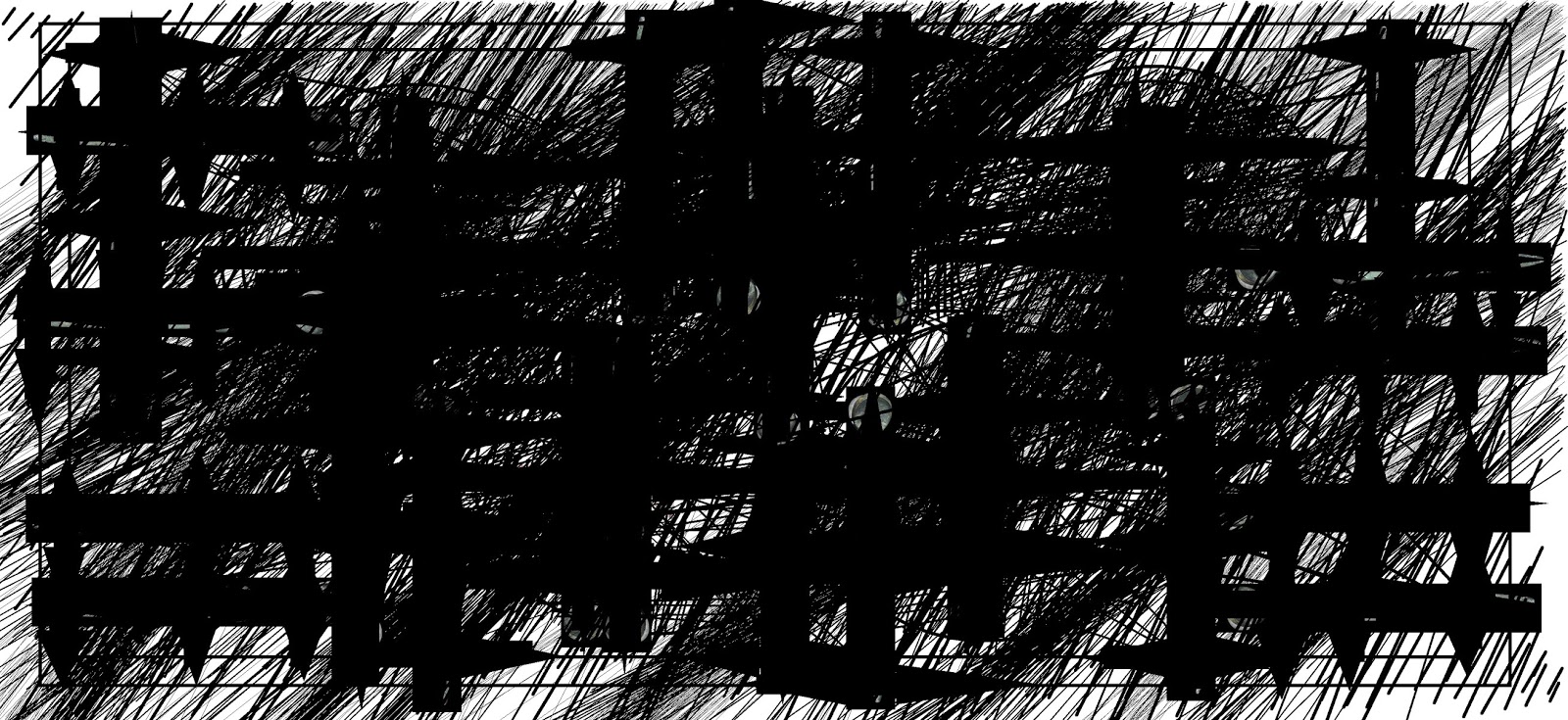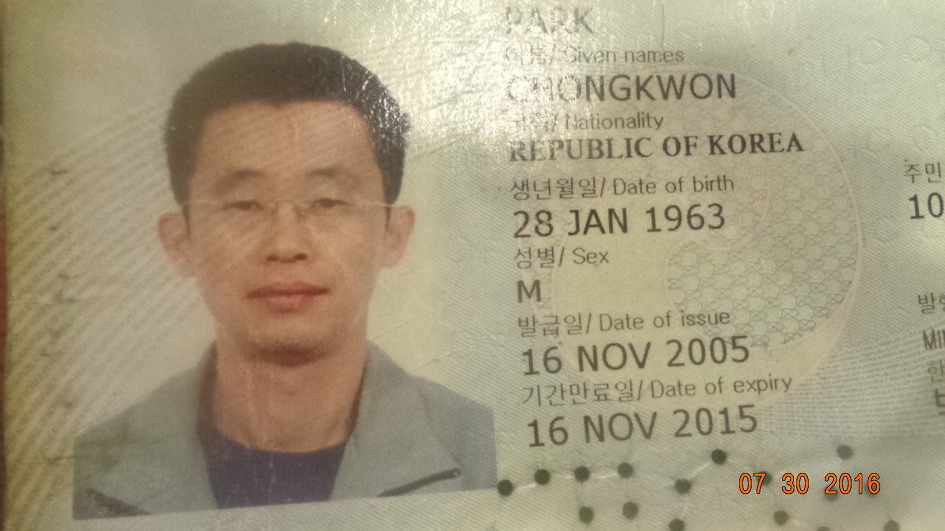Sumer Civilizations - Epic of Gilgamesh
Democracy (Greek: δημοκρατία dēmokratía, literally "Rule by 'People'") is a system of government where the citizens exercise power by voting. In a direct democracy, the citizens as a whole form a governing body and vote directly on each issue. In a representative democracy the citizens elect representatives from among themselves. These representatives meet to form a governing body, such as a legislature. In a constitutional democracy the powers of the majority are exercised within the framework of a representative democracy, but the constitution limits the majority and protects the minority, usually through the enjoyment by all of certain individual rights, e.g. freedom of speech, or freedom of association.[1][2] "Rule of the majority" is sometimes referred to as democracy.[3] Democracy is a system of processing conflicts in which outcomes depend on what participants do, but no single force controls what occurs and its outcomes.
The uncertainty of outcomes is inherent in democracy, which makes all forces struggle repeatedly for the realization of their interests, being the devolution of power from a group of people to a set of rules.[4] Western democracy, as distinct from that which existed in pre-modern societies, is generally considered to have originated in city-states such as Classical Athens and the Roman Republic, where various schemes and degrees of enfranchisement of the free male population were observed before the form disappeared in the West at the beginning of late antiquity. The English word dates back to the 16th century, from the older Middle French and Middle Latin equivalents.
According to American political scientist Larry Diamond, democracy consists of four key elements: a political system for choosing and replacing the government through free and fair elections; the active participation of the people, as citizens, in politics and civic life; protection of the human rights of all citizens; a rule of law, in which the laws and procedures apply equally to all citizens.[5] Todd Landman, nevertheless, draws our attention to the fact that democracy and human rights are two different concepts and that "there must be greater specificity in the conceptualisation and operationalization of democracy and human rights".[6]
The term appeared in the 5th century BC to denote the political systems then existing in Greek city-states, notably Athens, to mean "rule of the people", in contrast to aristocracy (ἀριστοκρατία, aristokratía), meaning "rule of an elite". While theoretically these definitions are in opposition, in practice the distinction has been blurred historically.[7] The political system of Classical Athens, for example, granted democratic citizenship to free men and excluded slaves and women from political participation. In virtually all democratic governments throughout ancient and modern history, democratic citizenship consisted of an elite class, until full enfranchisement was won for all adult citizens in most modern democracies through the suffrage movements of the 19th and 20th centuries.
Democracy contrasts with forms of government where power is either held by an individual, as in an absolute monarchy, or where power is held by a small number of individuals, as in an oligarchy. Nevertheless, these oppositions, inherited from Greek philosophy,[8] are now ambiguous because contemporary governments have mixed democratic, oligarchic and monarchic elements. Karl Popper defined democracy in contrast to dictatorship or tyranny, thus focusing on opportunities for the people to control their leaders and to oust them without the need for a revolution.[9]

Epic of Gilgamesh
길가메쉬의 서사시.
본 시리즈는 다만, 취미활동을 목적으로 작성되었다. This series got as
世上의 眞實은 우리가 보는 바와 같지 않을지도 모른다.
본 시리즈를 利己的인 目的에 利用하거나, 알아서는 안 되는 領域으로의 接近手段으로 삼는 者들은 모두 殺害토록 處理規律되었다. 이는 플레이아데스 규율 제1조로서 처리규율되었다. BYTHEANA-PLEIADESTHESUPREMEBEINGS.
Mount Ararat
The Epic of Gilgamesh (/ˈɡɪlɡəmɛʃ/)[1] is an epic poem from ancient Mesopotamia that is often regarded as the earliest surviving great work of literature. The literary history of Gilgamesh begins with five Sumerian poems about Bilgamesh (Sumerian for "Gilgamesh"), king of Uruk, dating from the Third Dynasty of Ur (c. 2100 BC). These independent stories were later used as source material for a combined epic in Akkadian. The first surviving version of this combined epic, known as the "Old Babylonian" version dates to the 18th century BC and is titled after its incipit, Shūtur eli sharrī ("Surpassing All Other Kings"). Only a few tablets of it have survived. The later "standard" version compiled by Sîn-lēqi-unninni dates from the 13th to the 10th centuries BC and bears the incipit Sha naqba īmuru ("He who Saw the Abyss", in modern terms: "He who Sees the Unknown"). Approximately two thirds of this longer, twelve-tablet version have been recovered. Some of the best copies were discovered in the library ruins of the 7th-century BC Assyrian king Ashurbanipal.
The first half of the story discusses Gilgamesh, king of Uruk, and Enkidu, a wild man created by the gods to stop Gilgamesh from oppressing the people of Uruk. After Enkidu becomes civilized through sexual initiation with a prostitute, he travels to Uruk, where he challenges Gilgamesh to a test of strength. Gilgamesh wins the contest; nonetheless, the two become friends. Together, they make a six-day journey to the legendary Cedar Forest, where they plan to slay the Guardian, Humbaba the Terrible, and cut down the sacred Cedar.[2] The goddess Ishtar sends the Bull of Heaven to punish Gilgamesh for spurning her advances. Gilgamesh and Enkidu kill the Bull of Heaven after which the gods decide to sentence Enkidu to death and kill him.
In the second half of the epic, distress over Enkidu's death causes Gilgamesh to undertake a long and perilous journey to discover the secret of eternal life. He eventually learns that "Life, which you look for, you will never find. For when the gods created man, they let death be his share, and life withheld in their own hands".[3][4] However, because of his great building projects, his account of Siduri's advice, and what the immortal man Utnapishtim told him about the Great Flood, Gilgamesh's fame survived well after his death with expanding interest in the Gilgamesh story which has been translated into many languages and is featured in works of popular fiction.
Uruk
Uruk gave its name to the Uruk period, the protohistoric Chalcolithic to Early Bronze Age period in the history of Mesopotamia spanning c. 4000 to 3100 BC, succeeded by the Jemdet Nasr period of Sumer proper. Uruk played a leading role in the early urbanization of Sumer in the mid 4th millennium BC.
神의 都市 URUK 第1期 : 紀元前 BC 4,100年 ~ 紀元前 BC 3,300年
URUK 第2期 : 紀元前 BC 3,300年 ~ 紀元前 BC 2,800年
大洪水(길가메쉬의 敍事詩에 表現되는 大洪水) : 紀元前 BC 2,800年 經.
(基督敎에서는 노아의 洪水로 表現)
Permanent year-round urban settlement may have been prompted by intensive agricultural practices. The work required in maintaining irrigation canals called for, and the resulting surplus food enabled, relatively concentrated populations. The centres of Eridu and Uruk, two of the earliest cities, had successively elaborated large temple complexes built of mudbrick. Developing as small shrines with the earliest settlements, by the Early Dynastic I period, they had become the most imposing structures in their respective cities, each dedicated to its own respective god. From south to north, the principal temple-cities, their principal temple complex, and the gods they served,[2] were
- Eridu, E-Abzu, Enki
- Ur, E-kishnugal, Nanna (moon)
- Larsa, E-babbar, Utu (sun)
- Uruk, E-anna, Inana and An
- Bad-tibira, E-mush, Dumuzi and Inana
- Girsu, E-ninnu, Ningirsu
- Umma, E-mah, Shara (son of Inana)
- Nippur, E-kur, Enlil
- Shuruppak, E-dimgalanna, Sud (variant of Ninlil, wife of Enlil)
- Marad, E-igikalamma, Lugal-Marada (variant of Ninurta)
- Kish, ?, Ninhursag
- Sippar, E-babbar, Utu (sun)
- Kutha, E-meslam, Nergal









































































댓글
댓글 쓰기